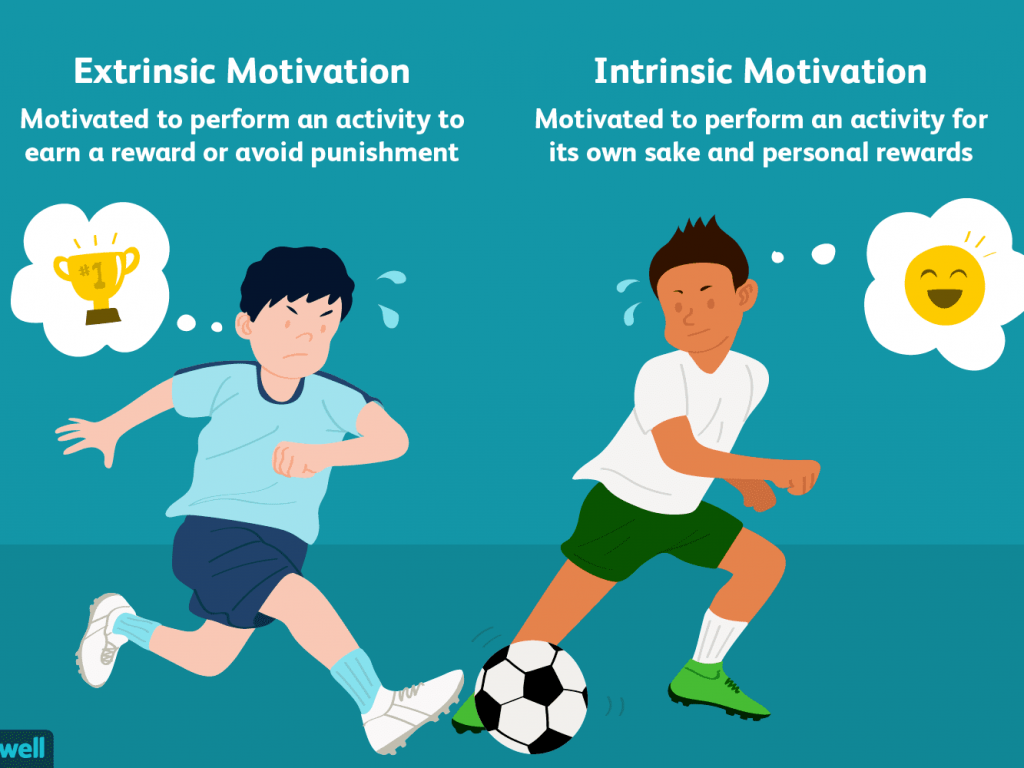Maintaining Internal Motivation in Midst of Pandemic
by Kathryn N. Donev, LPC/MSHP, NCC
The following are some highlights to encourage you this new year in midst of the uncertainty of a global pandemic with 1) Product Placement, 2) Cognitive Dissonance, and 3) Mass Formation Psychosis surrounding us daily.
Motivation has been explored from the beginning of time. Questions such as “What is motivation?” and “How can one become motivated?” continue to be discussed and analyzed. Many theories of how to provoke individuals exist. Some authorities feel that the key is the use of a reward system in which an individual is enticed to act by an external motivator. Conversely, other experts believe in the concept of “self-talk” where one simply talks positively to become inspired. Scholars continue to debate the sources of motivation and it has been described in a variety of ways. From a Christian perspective, motivation can be defined as occurring when an individual is convinced of the appropriateness and urgency of goals, to the degree that he or she is driven not from without, but from within to act and continues to act in order to reach these goals, despite what others do or think.
In order to understand motivation, one must be aware of its sources. These include those that arise from within oneself and those that derive from external factors. One of the main sources of external motivation is financial incentives. Other external motivators include social pressure as well as magnetic personalities; those that have the ability to attract individuals who may fail to consider the implications of becoming enticed. External motivators inspire individuals to act first and think later. In such cases, one is solely moved by outside incentive. Alternatively, individuals may experience genuine motivation, which comes from within oneself.
Before addressing how to become genuinely motivated, a further distinction must be made between “internal” and “external” motivation. Internal motivation is what the author considers to be true motivation due to it being internally generated and not externally stimulated. Excitement occurs based on personal interest or passion. It is grounded on a decision to identify with that task, resulting in belongingness and not because of any external incentive.
On the other hand, the author views external motivation as an artificial stimulus. It is fake in the sense that it produces emotional stimulation, which may lead to excitement without creating an awareness of the true source of such feelings. In other words, support or positive reinforcement from others may create a feeling towards action, which may dissipate once the peripheral source is removed. External motivation is based on outside or perhaps selfish incentives. One may ask the question, “What is in it for me?” External motivation causes one to become consumed with personal rewards, rather than focusing on the goal at hand. Nevertheless, it is important to note that in the early stages of motivation, people may need emotional encouragement from others in order to promote action. However, individuals are not truly motivated as defined above, unless their actions are produced by internal motives regardless of the presence of support from others.








